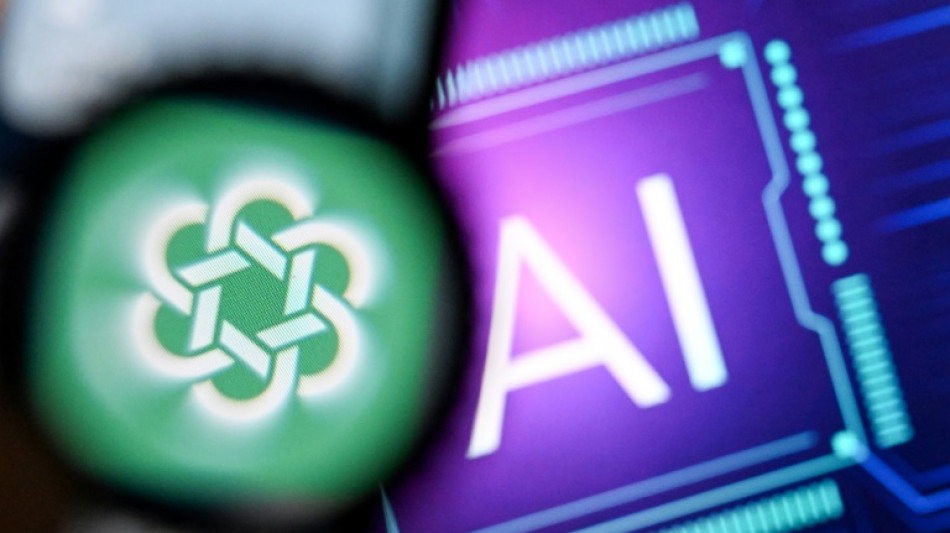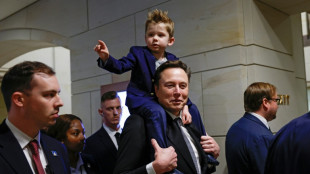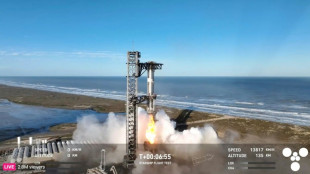

Historic funding round values OpenAI at $157 billion
New funding propelled ChatGPT-maker OpenAI to a valuation of $157 billion, the company said on Wednesday, sealing its place as the world leader on artificial intelligence.
The company, founded in 2015 and led by Sam Altman, said that investors pumped in $6.6 billion in a funding round that was one of Silicon Valley's biggest ever.
"The new funding will allow us to double down on our leadership in frontier AI research, increase compute capacity, and continue building tools that help people solve hard problems," OpenAI said in a blog post.
The investment was confirmed by Thrive Capital, the leading investor of the round.
Investors also include Microsoft, chipmaking juggernaut Nvidia, Tiger Global and MGX, an investment firm controlled by the United Arab Emirates, reports said.
Apple, which is using OpenAI models in its new generative AI offerings, recently withdrew from the negotiations.
The landmark injection of cash put OpenAI on par with SpaceX and TikTok-parent ByteDance as one the biggest venture-backed companies in the world.
OpenAI shot to the headlines in 2022 when it released ChatGPT, its generative AI chatbot.
ChatGPT was one of the fastest-downloaded apps ever, with users getting their first glimpse of the power of generative AI, which can churn out human-like content almost instantaneously on simple prompts.
The tech world sees generative AI as the next big chapter in innovation, on par with the PC or smartphone, expecting it to increase productivity exponentially at the workplace and at home.
According to Financial Times, OpenAI imposed a condition of exclusivity on investors, barring them from investing in rival AI startups, such as Anthropic or Elon Musk's xAI.
The cash injection comes at a tumultuous time for OpenAI, with a series of departures by key executives in recent months.
Altman's role inside the company has also grown, less than a year after he was briefly fired by the OpenAI board over his management style and for pushing out new products too quickly.
The coup against Altman only lasted a few days after employees rebelled and Microsoft, the company's biggest investor, orchestrated his return.
The executives and board members who played roles in his exit have since left the company.
Reports said the investment round would likely come with a reorganization of the company that would make it an official "for profit" firm, more typical of Silicon Valley startups.
OpenAI, since its founding in 2015, has been run as a non-profit, with its money-making arm run separately and without control over the company.
Altman is also reported to be getting equity in OpenAI with the new fundraising round, which would likely make him a multi-billionaire, though he has denied the reports.
Another question on the table will be the handling of Elon Musk. The tech tycoon was an original investor in OpenAI and has since sued the company for becoming a money-making enterprise.
R.Abreu--ESF




